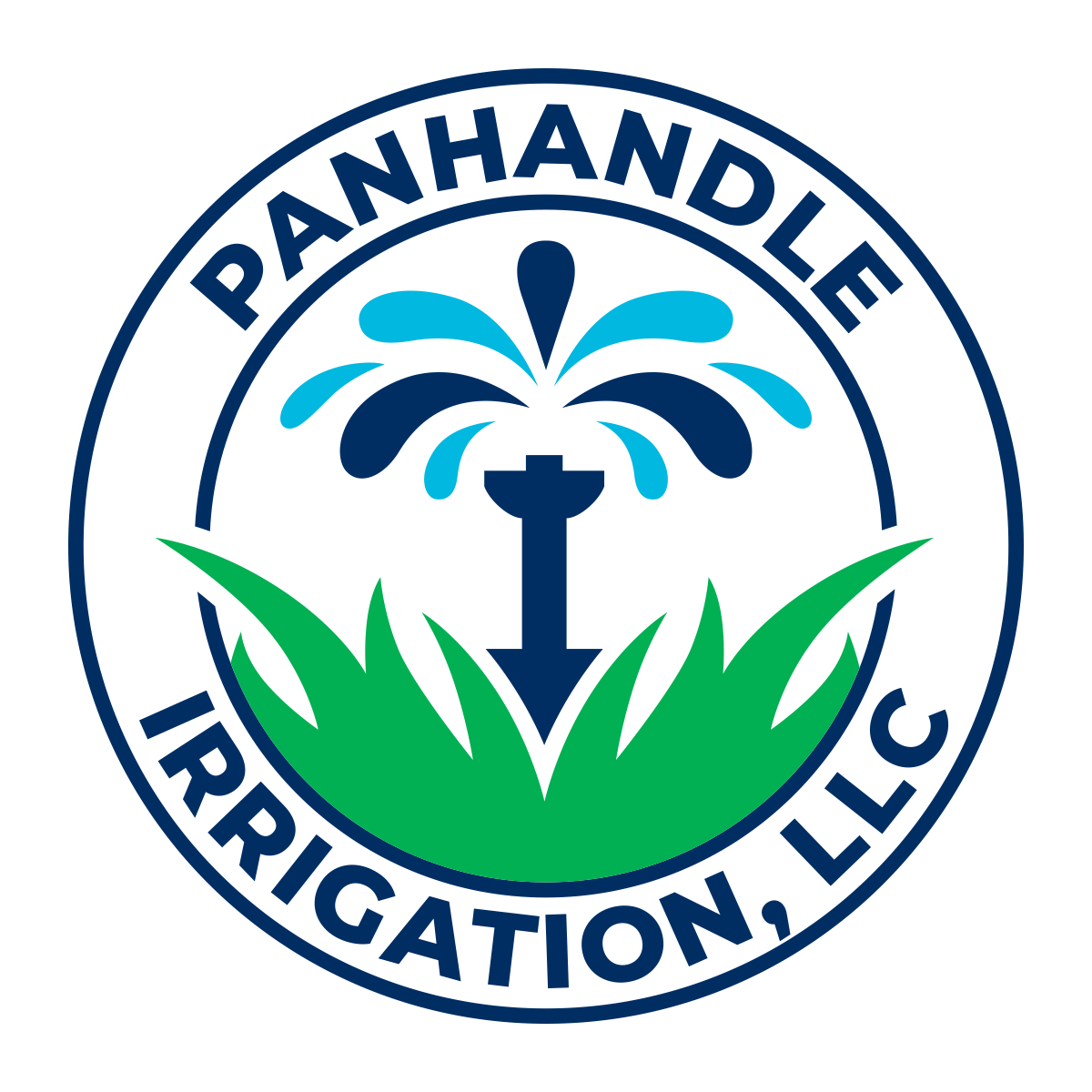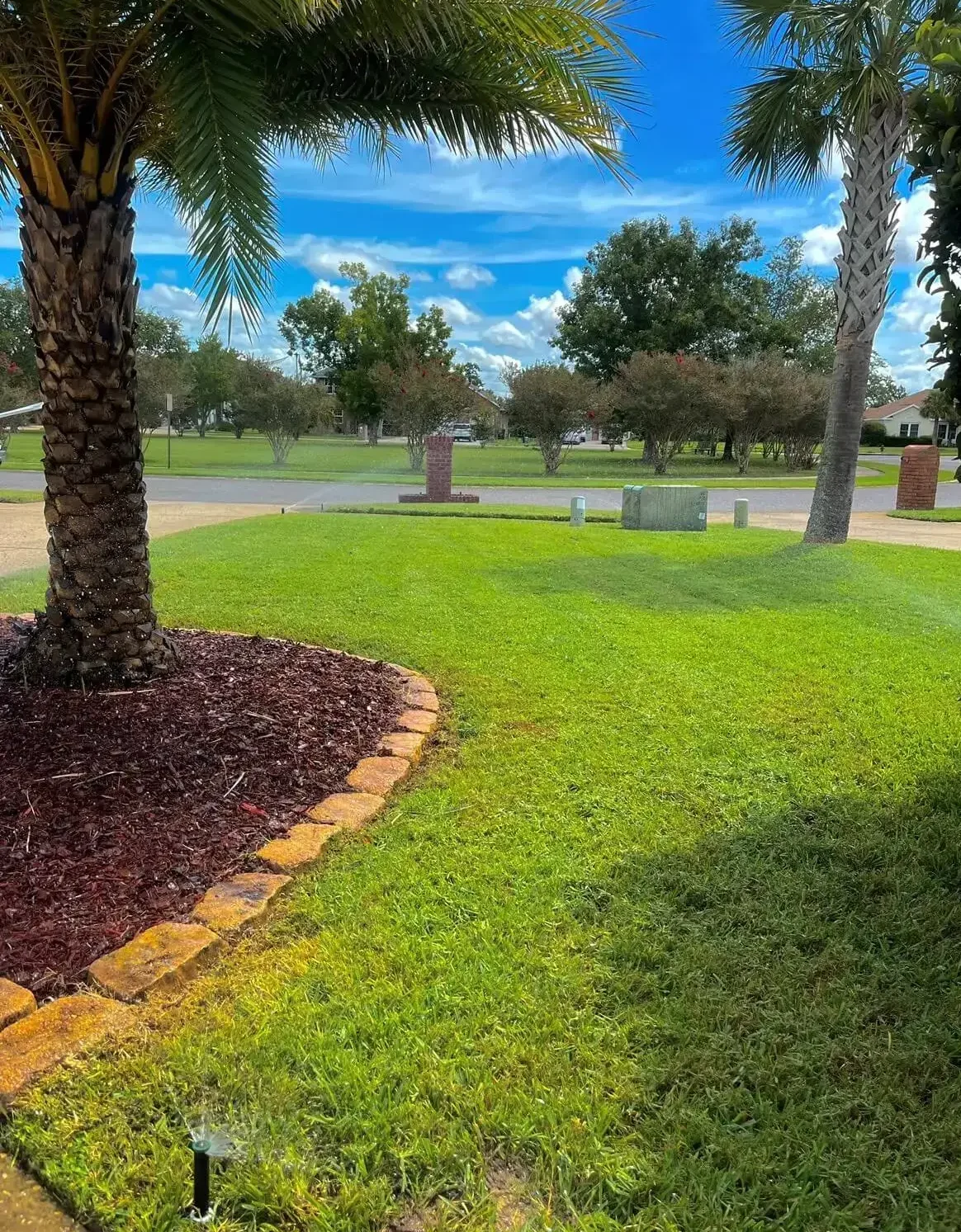Maintenance Tips for Your Irrigation System
Seasonal Irrigation System Maintenance
Regular maintenance is key to keeping your irrigation system functioning efficiently throughout the year. Seasonal changes, in particular, can have a significant impact on your system’s performance. Here’s how to prepare your system for each season:
- Winterizing Your Irrigation System:
In colder climates, winterizing your irrigation system is essential to prevent pipes from freezing and bursting. Here’s how to do it:- Shut Off the Water Supply: Turn off the main water valve that feeds the irrigation system.
- Drain the System: Use manual or automatic drain valves to remove any remaining water from the pipes.
- Blow Out the Lines: For complete protection, use an air compressor to blow out any residual water from the pipes and sprinkler heads.
- Insulate Exposed Components: Wrap any above-ground valves, pipes, or backflow preventers with insulation material to protect them from freezing temperatures.
- Spring Startup Procedures:
As the weather warms up, it’s time to get your irrigation system ready for the growing season. Here’s a step-by-step guide:- Inspect the System: Check all components, including pipes, valves, and sprinkler heads, for any damage that may have occurred over the winter.
- Turn On the Water Supply: Slowly open the main valve to allow water to fill the system. Doing this gradually helps prevent pressure surges that could damage the system.
- Test the System: Run a full cycle to ensure all sprinklers and emitters are functioning properly. Check for leaks, clogs, or areas of poor coverage and make adjustments as needed.
- Adjust the Timers: Update your watering schedule to reflect the current season’s needs, considering factors like plant growth stages and rainfall patterns.
Regular Maintenance Checks
In addition to seasonal maintenance, performing routine checks on your irrigation system will help catch issues early and maintain optimal performance. Here’s what to focus on:
- Inspecting for Leaks and Damage:
Regularly walk your property to inspect the irrigation system for any signs of leaks, broken pipes, or damaged sprinkler heads. Early detection can prevent minor issues from turning into costly repairs. - Cleaning Filters and Emitters:
Over time, dirt and debris can clog filters and emitters, reducing water flow and efficiency. To clean them:- Remove the filters and rinse them under running water to remove debris.
- Soak drip emitters in vinegar or a mild cleaning solution to dissolve any mineral buildup.
- Reassemble the components and test the system to ensure proper flow.
- Adjusting Timers for Seasonal Changes:
As the seasons change, so do the watering needs of your plants. Adjust your timers to reflect the current season, ensuring that your system provides the right amount of water without wasting resources. For example, reduce watering frequency during cooler months and increase it during hot, dry periods.
By following these maintenance tips, you can extend the life of your irrigation system and keep it operating at peak efficiency.

